News + Media

New version incorporates last four years of climate knowledge (MIT Environmental Solutions Initiative)
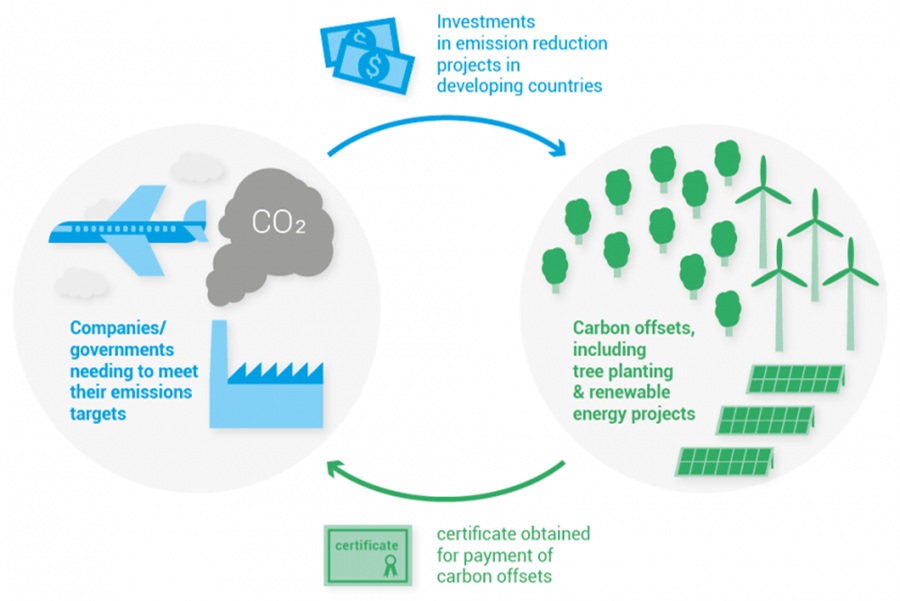
MIT Joint Program Research Scientist Angelo Gurgel shares his expertise as a guest on the Anti-Dread Climate Podcast (NPR/KCRW)
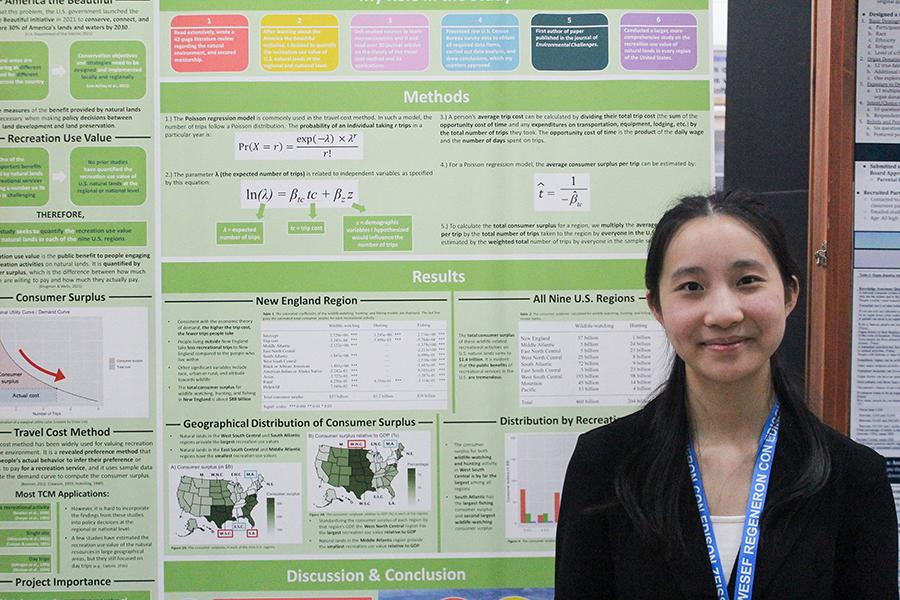
According to a recent study in the journal Environmental Challenges, New England natural lands provide $88 billion per year in recreation-use value to U.S. citizens who partake in wildlife-related activities. Considering that the estimated cumulative federal and state contributions to land...

This measure, developed by MIT researchers, reflects direct effects on people’s quality of life — and reveals significant global disparities (MIT News)
For most people, reading about the difference between a global average temperature rise of 1.5 C versus 2 C doesn’t conjure up a clear image of how their daily lives will actually be affected. So, researchers at MIT have come up with a different way of measuring and describing what global...


At the most recent United Nations Climate Change Conference (COP28) in Dubai last December, negotiators from nearly 200 countries and regions remained committed to the Paris Agreement’s long-term goal of keeping global warming below 1.5°C.
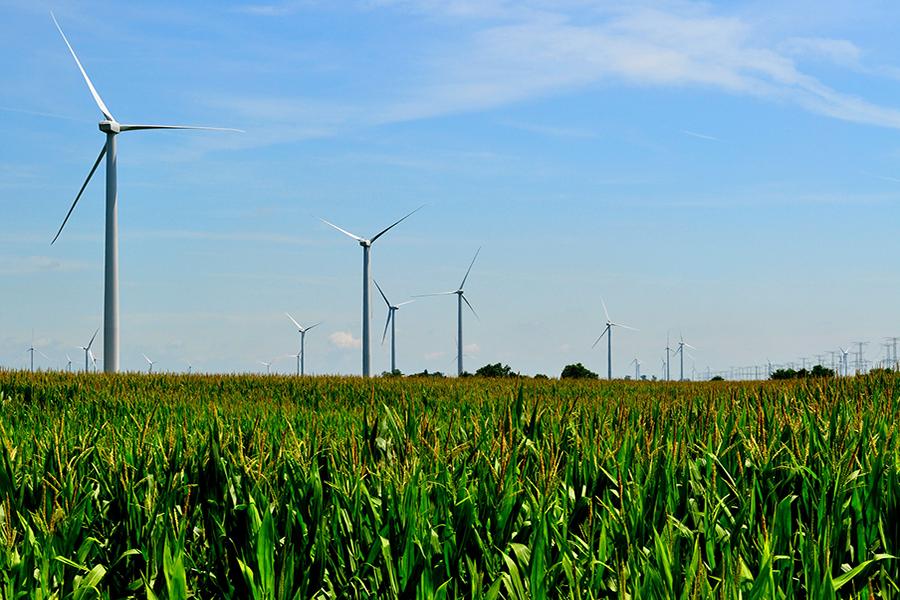
Study highlights factors that could reduce climate risk
SCIENCE
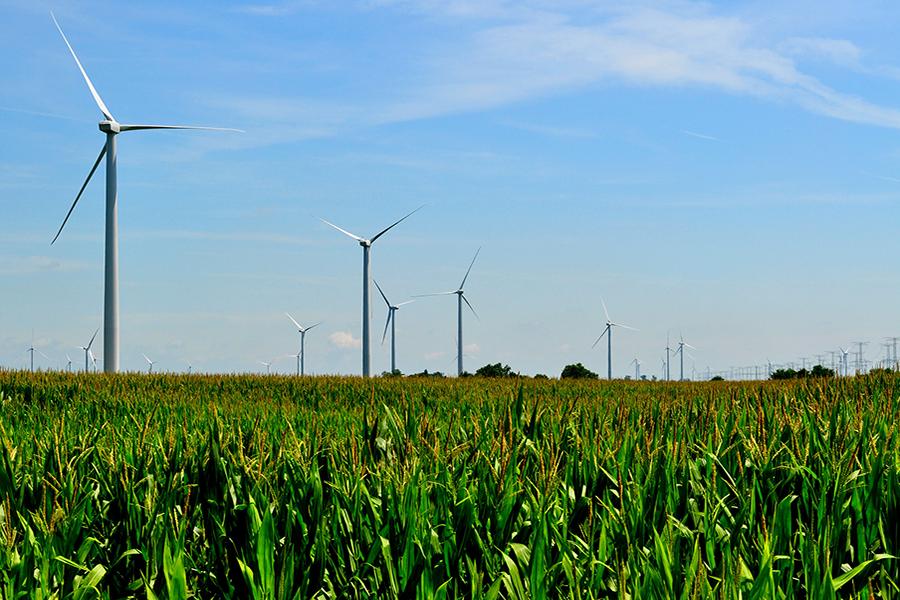
Last year was the planet’s warmest on record, according to an analysis by scientists from NOAA’s National Centers for Environmental Information. As climate change continues to raise the global average surface temperature, and demand for electricity along with it, are power grids across America...
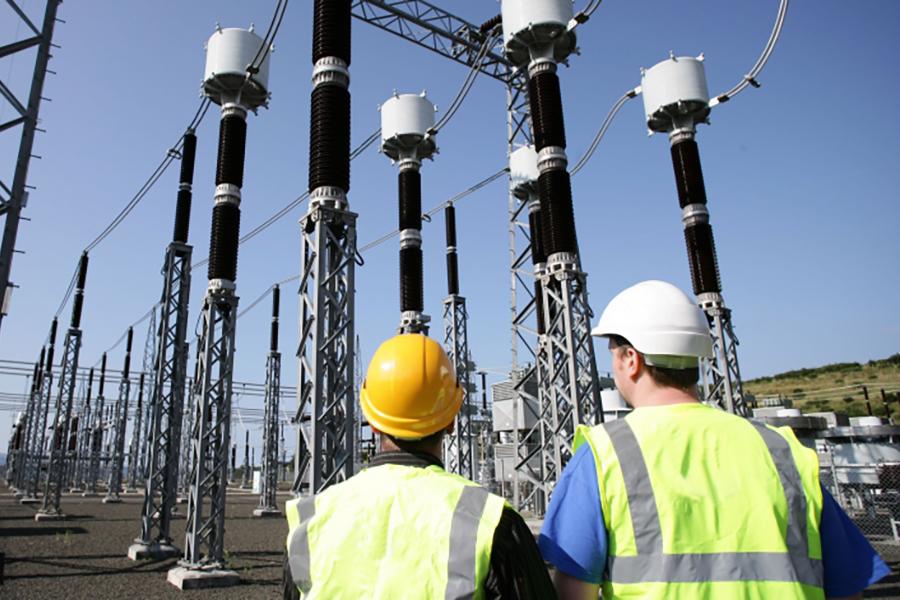
To achieve the aspirational goal of the Paris Agreement on climate change—limiting the increase in global average surface temperature at 1.5 degrees Celsius above pre-industrial levels—will require its 196 signatories to dramatically reduce their greenhouse gas (GHG) emissions.
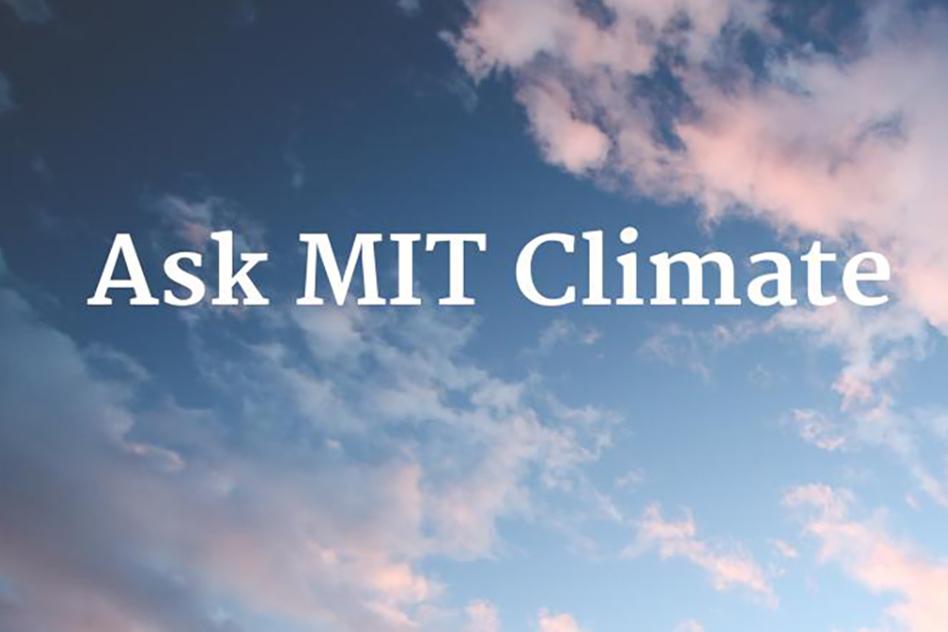
Supply-side restrictions, like shutting down new oil wells or gas pipelines, tend to lead to more imports and minimal impacts on greenhouse gas emissions—unless paired with other policies that limit demand for fossil fuels (MIT Climate Portal)
Fossil fuels, and the greenhouse gases they produce, are creating a hotter, more unstable world for future generations. That’s why policymakers concerned about this change have focused on switching from fossil fuels to clean sources of energy—quickly, before our mounting climate pollution causes...

